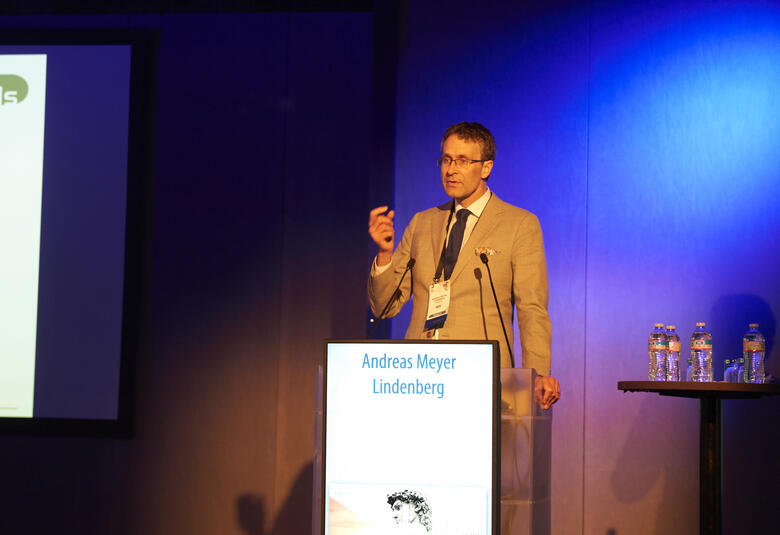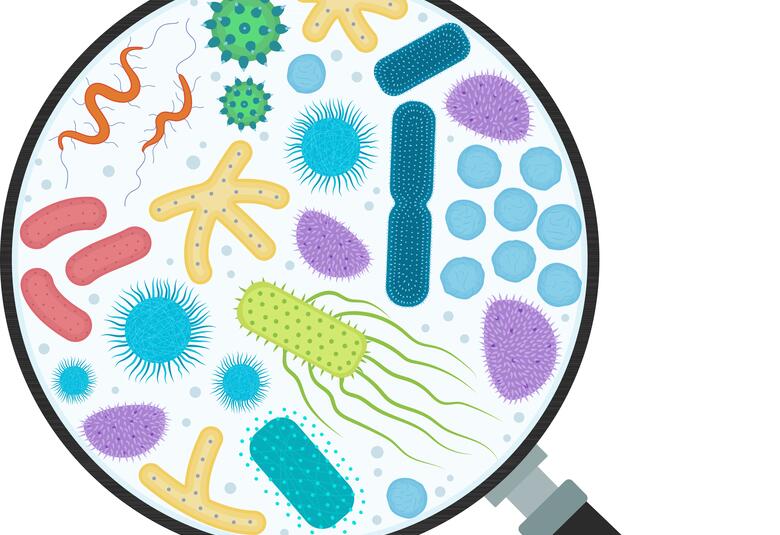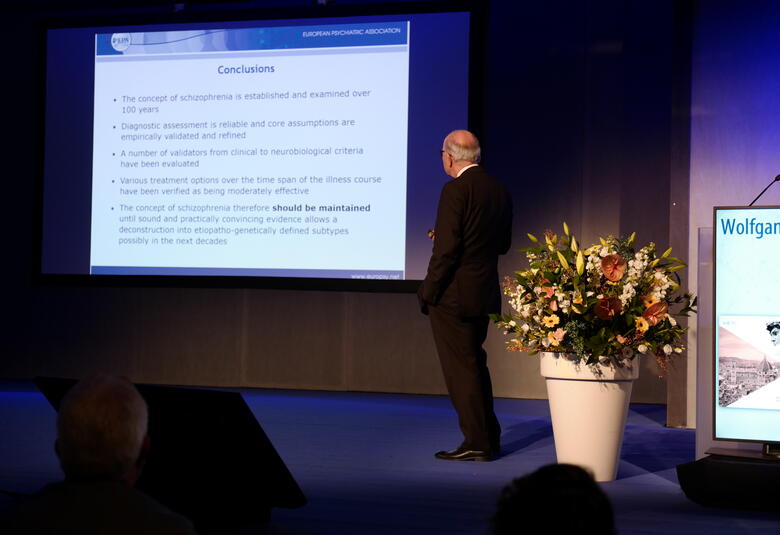Our early intervention service involves intensive work over the critical three years after a first episode of psychosis, with the aim of enabling people to fulfil their potential. A key to preventing the disease becoming chronic is relapse prevention – through medication, psychoeducation, the need to give up cannabis, ways of managing stress, and so on.
You really have to involve the family. We know about the role of high expressed emotion and people becoming very critical of the behaviour of a patient. But families are very good – often better than the patient – at spotting early warning signs. And in the end the largest part of care is given by the family. They have to be reassured that the support they need will be there.
So we have the ideal of partnership: patient, family and carers, health professionals, including nurses and trained social workers, all acting together. There is joint assessment of needs and shared setting of goals, which will involve a lot of intermediate steps along the way.
And we are not saying to the patient at the outset “we’re terribly sorry, but you have schizophrenia, and you’ll have medication for the rest of your life.” Though we may write schizophrenia in the notes, because we have to formulate a plan on what to do, for the patient it is more about them coming gradually to a realisation that there is an ongoing problem. Because they have relapses, or because there might be continuation of symptoms between relapses.
Once patients have that understanding, they are generally willing to do what it takes to stay well – though the process may take months, or even years. In a small group of patients you might have to be more assertive, including about the need for long-term medication.
But the overall context is one of patient autonomy, and what we term “the recovery method”. We say to patients that our aim is to enable them to manage their medical problems so that they can achieve their goals and a meaningful life.
Function, not just stopping symptoms, the real goal
That is clearly not sitting in front of the television doing nothing. But what constitutes a meaningful life will vary from one person to another. It may be working in a shop; it may be getting married. For an artist, it may be the ability to paint again; for a young man who wants to go to university, it may be gaining a degree – even though he continues to hear voices. There are times when patients are unwell, but for the most part they are able to function. That is more the aim of therapy than simply stopping symptoms.
It requires a dose of medication sufficient to enable a patient to function, and it requires maintaining medication – so in some patients, perhaps those with less insight than one would wish, injectable forms become useful. But it also means working with job centres, and finding supportive employers, for example.
At the end of the day, human beings are such that feeling included in society and being able to contribute are vital to a sense of self worth. That is what it’s all about: making people feel real people. And that is an achievable goal. We can stabilise patients and allow them to plan for their lives.
Our correspondent’s highlights from the symposium are meant as a fair representation of the scientific content presented. The views and opinions expressed on this page do not necessarily reflect those of Otsuka and Lundbeck.


